



The Skilling for AI Readiness (SOAR) Program by MSDE aims to prepare India for the global AI revolution by training students (Classes 6–12) and educators in AI literacy, machine learning, and ethics. It aligns with Skill India Mission and Viksit Bharat @2047, promoting digital inclusion and future-ready talent.
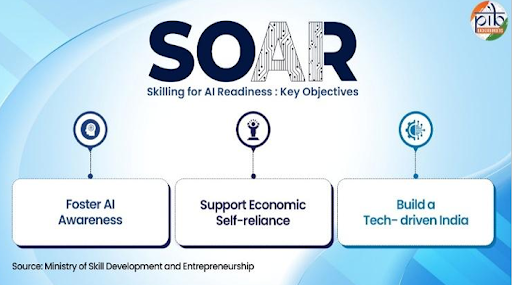
Copyright infringement not intended
Picture Courtesy: PIB
The Ministry of Skill Development and Entrepreneurship (MSDE) has introduced the Skilling for AI Readiness (SOAR) program to integrate Artificial Intelligence (AI) awareness and foundational skills into the curriculum for both school students and educators.
SOAR is a strategic program designed to integrate AI competencies into educational frameworks from an early stage.
It specifically targets school students from Class 6 to Class 12 and also provides dedicated training for educators.
It seeks to cultivate AI literacy, encourage innovation, and promote ethical technology use across diverse socio-economic groups.
Student Modules: It includes three 15-hour modules for students:
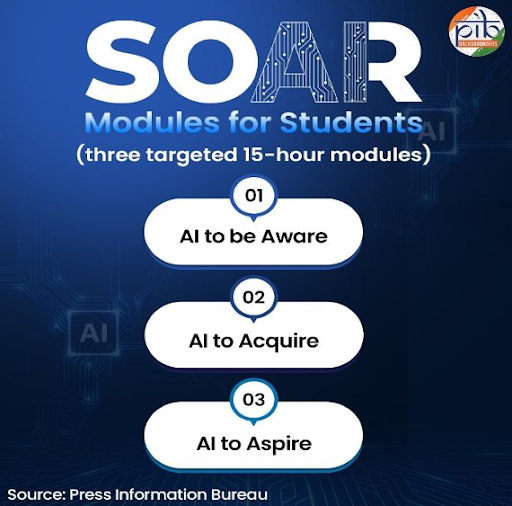
AI for Educators
A 45-hour independent module equips teachers to effectively deliver AI education, providing essential tools and knowledge for this rapidly evolving field.
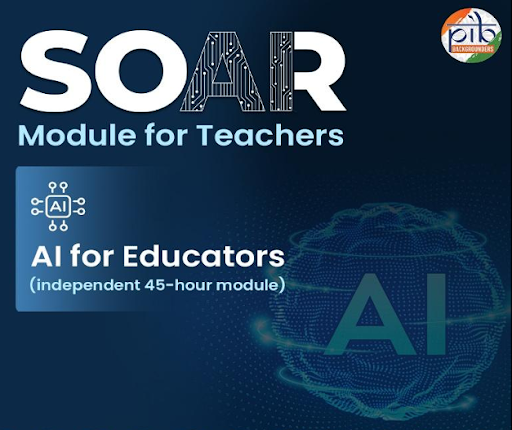
Digital Inclusion
SOAR aims to bridge the urban-rural digital divide by integrating AI training into accessible platforms like the Skill India Digital Hub, ensuring equitable access to digital skills across all schools.
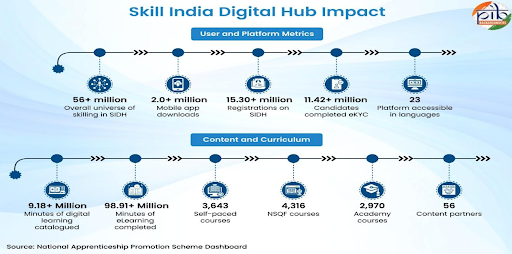
Curriculum Alignment
The program introduces concepts such as AI basics, generative AI, AI in daily life, programming fundamentals, ethics, cybersecurity, and future career opportunities.
Economic Growth Catalyst
Projections indicate AI could contribute $967 billion to the Indian economy by 2035 (Source: NASSCOM), helping India achieve its $5 trillion GDP objective.
The World Economic Forum estimates AI's potential contribution to the Indian economy at $500 billion by 2025.
A recent IDC report suggests AI spending could add over $115 billion to India's economy by the end of 2027.
Job Creation and Transformation
AI automates tasks but creates new jobs. Skilling in AI helps the workforce adapt and fill these high-demand roles.
NITI Aayog's new “Roadmap for Job Creation in the AI Economy” says AI could create up to 4 million jobs in India by 2030.

Bain & Company estimates over 2.3 million jobs could emerge in India's AI sector by 2027.
Global Leadership and Competitiveness
India has demonstrated strong potential in AI, ranking first globally in AI skill penetration (score of 2.8, surpassing the US and Germany) according to the Stanford AI Index 2024.
AI talent concentration in India has grown by 263% since 2016, positioning the country as a major AI hub. India also leads in AI Skill Penetration for Women, with a score of 1.7, surpassing the US (1.2) and Israel (0.9). (Source: PIB)
Addressing Societal Challenges
The 2018 National AI Strategy, led by NITI Aayog, focuses on "AI for All," using AI to advance social welfare in agriculture, healthcare, education, smart cities, and infrastructure. Upskilling the population is vital for successful AI development and implementation.
Digital Divide and Infrastructure Gaps
Uneven access to the internet, devices, and basic digital literacy, especially in rural and economically disadvantaged areas, can exacerbate existing inequalities. Internet penetration in rural India remains around 55% as of 2024 (Source: economictimes).
Shortage of Core AI Expertise
Despite 650,000-700,000 individuals trained in AI, fewer than 2,000 senior AI engineers are developing core AI products and services (Source: Xpheno, 2024). This highlights a gap between basic AI literacy and advanced development skills.
Quality of Curriculum and Faculty Training
Challenges persist in AI curriculum quality and educator training. Teachers lack sufficient AI tool training, raising concerns about over-reliance on rote learning versus critical thinking.
Ethical and Regulatory Hurdles
AI integration in education raises privacy concerns due to extensive student data collection. Unaddressed AI bias could worsen social inequalities.
Financial and Resource Limitations
Investing in AI infrastructure, devices, and subscription fees for AI-based learning platforms poses a financial burden, particularly for marginalized communities.
Early Exposure and Foundational Skills
SOAR's early introduction of AI from Class 6 builds critical thinking, sparks interest in AI careers, and creates a strong talent pipeline.
Bridging the Digital Divide
Through its focus on accessibility via platforms like the Skill India Digital Hub, SOAR aims to provide equitable AI education across geographical regions, benefiting students from rural areas.
Empowering Educators
The dedicated 'AI for Educators' module directly tackles the challenge of faculty training, equipping teachers with the necessary knowledge and tools to guide students effectively.
Ethical AI Use
The 'AI to Aspire' module specifically focuses on ethical considerations, societal impact, and responsible use of AI, promoting a culture of innovation with integrity.
Alignment with National Missions
SOAR aligns with the IndiaAI Mission, which aims to build a robust AI ecosystem by focusing on computing, data, indigenous AI, talent, and ethical AI. This integrated approach addresses infrastructure and talent gaps. The Union Budget 2025-26 allocated ₹500 crore for an AI Centre of Excellence for education.
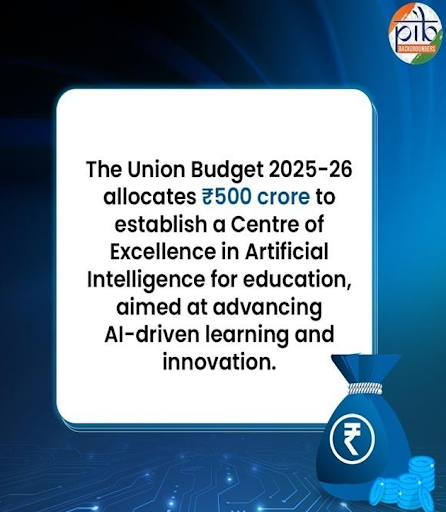
The SOAR program is a grassroots initiative to build an AI-ready populace. By tackling challenges and encouraging collaboration, India can become a global AI leader, driving inclusive growth and innovation for a 'Viksit Bharat'.
Source: PIB
|
PRACTICE QUESTION Q. Consider the following statements about the 'Skilling for AI Readiness (SOAR) Program':
Which of the above statements is/are correct? A) 1 only B) 2 only C) Both 1 and 2 D) Neither 1 nor 2 Answer: D Explanation: Statement 1 is Incorrect: The SOAR program is an initiative of the Ministry of Skill Development and Entrepreneurship (MSDE). Statement 2 is Incorrect: The program offers AI education to students in Classes 6-12 and educators in both government and private schools, aiming to bridge the digital divide in underserved and remote areas. |
The SOAR program, launched in 2025 by the Ministry of Skill Development and Entrepreneurship (MSDE) in collaboration with other ministries, aims to embed AI learning into India's education and training ecosystem. It offers modules for students from classes 6 to 12, as well as for educators, focusing on foundational AI concepts and ethics.
The SOAR program is designed to promote digital inclusion by making AI training accessible through platforms like the Skill India Digital Hub. By offering training in both urban and rural areas, the initiative aims to provide equitable access to digital skills across diverse socio-economic groups.
SWAYAM is an initiative by the Government of India to provide free access to quality online courses for everyone, aiming to achieve the three core principles of education policy: access, equity, and quality. It hosts courses for students from Class 9 up to the postgraduate level.
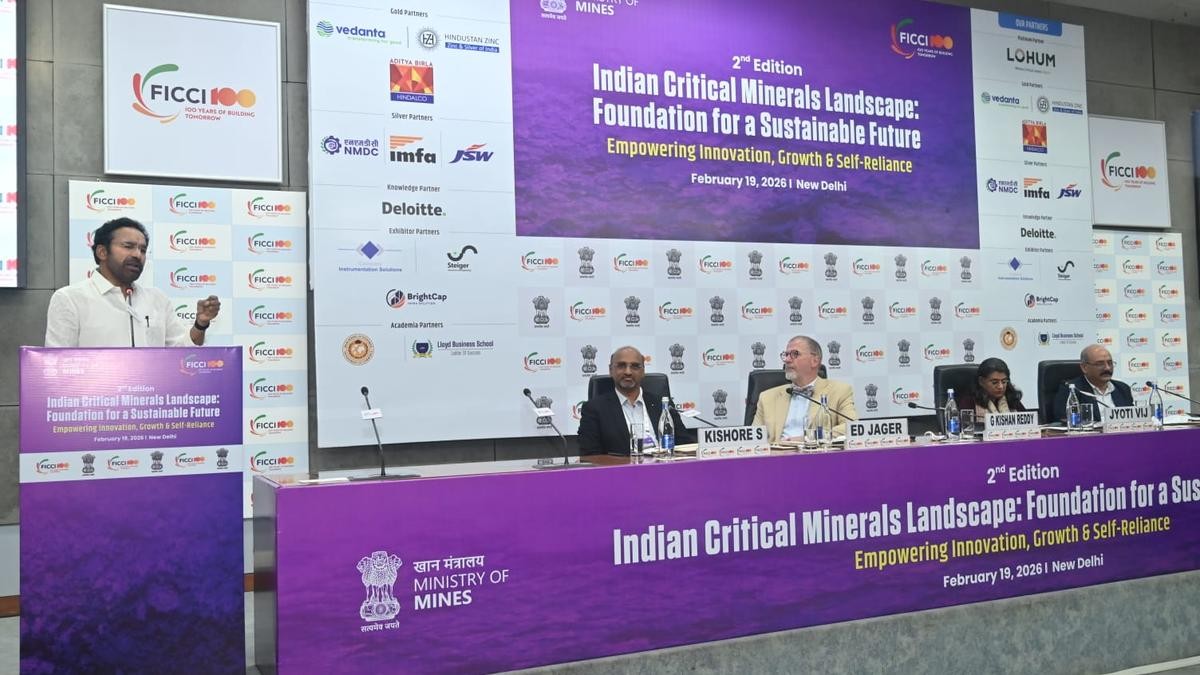






© 2026 iasgyan. All right reserved